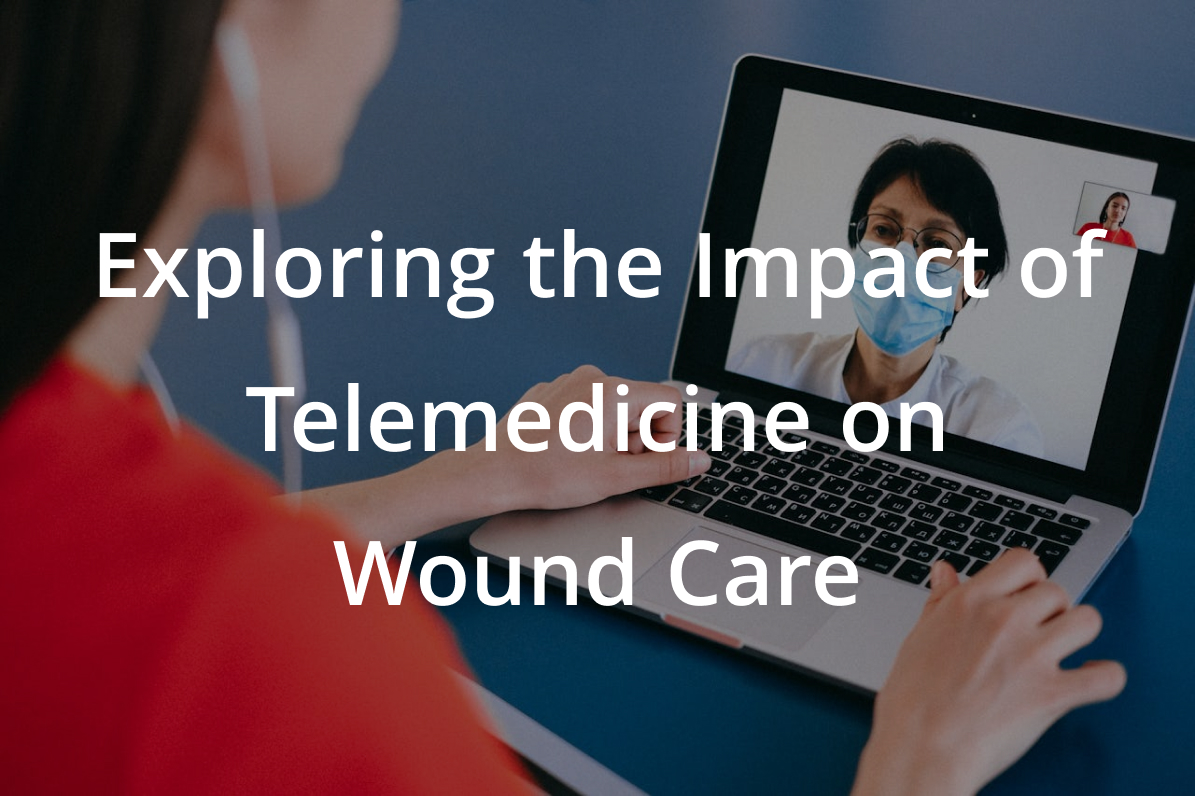Patient education, engagement, and self-management play a critical role in the wound-healing journey. At the Wound Institute, led by Dr. Som, we believe that an informed patient is an empowered patient. By understanding the intricacies of wound care, patients can actively participate in their healing process, leading to better outcomes and a more positive healthcare experience. This blog covers the importance of patient education in wound care, outlines strategies for boosting patient engagement, and shares effective tools for self-management.
The Foundation of Patient Education in Wound Care
Patient education begins with a comprehensive understanding of the wound-healing process. Educating patients about the stages of wound healing, factors that can impede healing, and signs of complications empowers them to recognize when their wound is progressing normally and when it might require professional intervention.
Patients must understand their treatment plan, including the purpose and proper use of prescribed wound care products, medications, and any necessary lifestyle adjustments. Clear, concise information helps demystify the treatment process, making patients more likely to follow through with their care plan.
Strategies for Increasing Patient Engagement
Getting patients engaged and ready to play an active role in their healing journey can be challenging, but there are several strategies that can make the process easier.
- Collaborative Goal Setting: Engaging patients in their care involves making them active participants in setting realistic, achievable goals for their wound healing. This collaborative approach fosters a sense of ownership and motivation towards reaching these goals.
- Regular Follow-Ups: Consistent communication through follow-up appointments or check-ins allows for monitoring progress and adjustments to the care plan as needed and provides opportunities for patients to ask questions and express concerns.
- Leveraging Technology: Digital health tools, such as mobile apps for wound tracking and telehealth services, offer patients convenient ways to stay engaged in their care, monitor their progress, and easily access their healthcare providers.
Tools for Effective Self-Management
Giving patients the tools they need to effectively self-manage their wounds at home is crucial in ensuring they follow post-op instructions for optimal healing and management of chronic wounds. These tools include:
- Wound Care Kits: Providing patients with customized wound care kits that include all necessary supplies for their specific type of wound can simplify the care process at home. These kits, accompanied by detailed instructions, ensure that patients have everything they need for proper wound management.
- Educational Resources: Access to a variety of educational resources tailored to the patient’s level of understanding supports ongoing learning. This can include brochures, instructional videos, and reputable online sources recommended by their healthcare provider.
- Support Networks: Encouraging patients to connect with support groups, either in-person or online, can provide them with a platform to share experiences, tips, and emotional support with others who are navigating similar challenges.
Conclusion
Empowering patients through education, engagement, and providing tools for self-management is fundamental to successful wound care. At the Wound Institute, Dr. Som and his team are committed to treating wounds while educating and engaging patients in their care journey. This approach enhances the healing process and builds patients’ confidence in managing their health, leading to improved outcomes and a more satisfying healthcare experience.
If you or a loved one are facing the challenges of wound care, know that you are not alone. By partnering with a knowledgeable and supportive care team, clearly understanding your treatment plan, and utilizing available resources for self-management, you can take an active role in your wound-healing journey. Reach out to the Wound Institute today to learn more about how we can empower you with the knowledge, tools, and support you need for successful wound care and healing.





